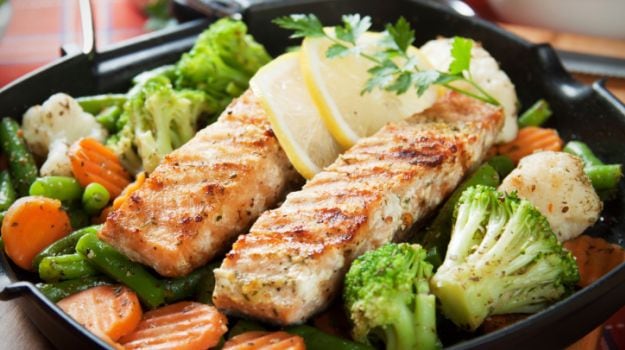Iodine is one of the most important minerals responsible for the proper functioning of the thyroid glands. Its deficiency may lead to conditions such as hypothyroidism, goiter, cretinism, auto-immune diseases and preventable mental retardation in children. Iodine deficiency during pregnancy can not only be harmful for the mother but for child's mental and cognitive development as well.Iodine becomes important when it comes to the production of hormones in the thyroid glands. An average adult needs about 150 micrograms of iodine daily to maintain healthy and proper production of thyroid hormones. Both, excess or the lack of iodine in the body can adversely affect the functioning of thyroid glands and production of thyroid hormones.
Iodine is a mineral that is found primarily in seafood and sea vegetables along with other food items. Other than these, iodized salt is also a good way to include iodine in your daily diet. Ensure a regular supply of iodine by including the following in your diet.
Seaweed: Iodine is primarily found in sea vegetables as well as seafood. One of the richest sources of it would include a seaweed called kelp.
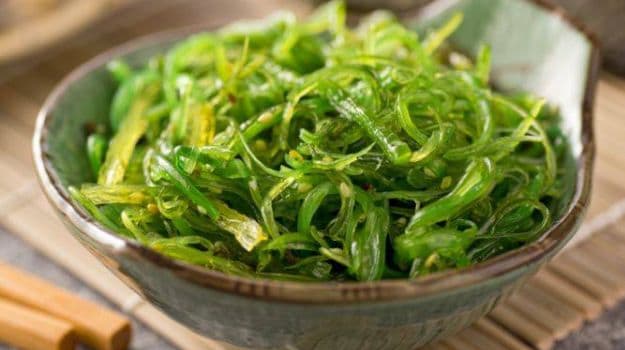
Cheese: Almost all dairy items are enriched with iodine. When it comes to cheese your best options would be Cheddar and Mozzarella.
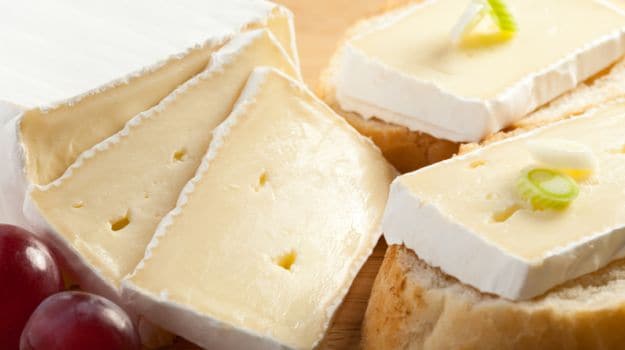
Sardines: These are low in calorie and rich in iodine and are also loaded with good fats PUFAs and MUFAs.
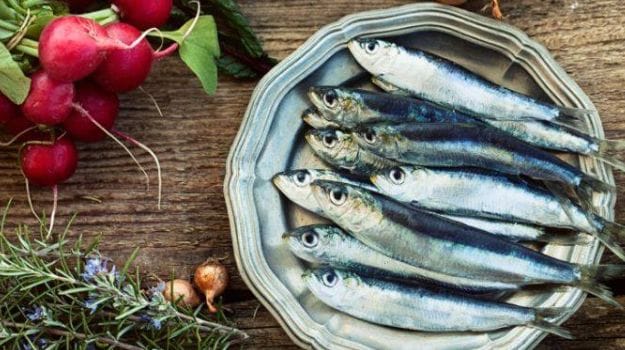
Eggs: Iodine is extremely important for cognitive and mental development in infants. It affects IQ level as well. One of the safest and simplest ways to get iodine in your diet would be through egg yolks.
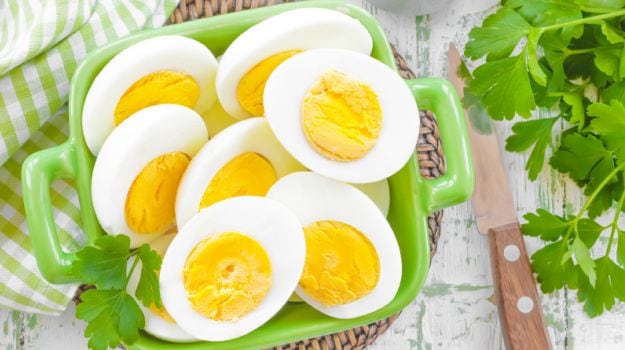
Shrimps: If you love seafood, you are already making most of your iodine requirement through this food group. Shrimps are iodine enriched. Their bodies soak up the mineral from seawater that gets accumulated in their bodies.

Milk: According to various studies, every 250ml of milk would have close to 150 micrograms of iodine. The cattle feed, fodder and grass fed to cows transfer iodine to their milk.
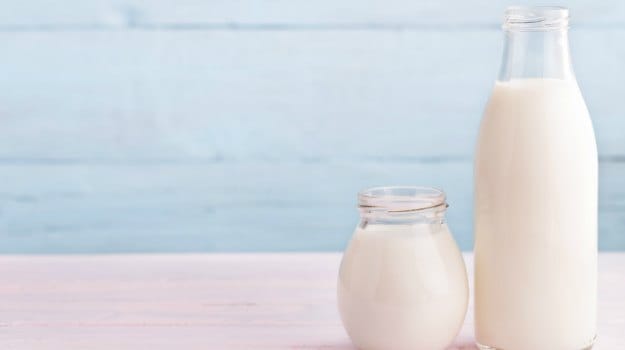
Tuna: Every 6 ounces of tuna serving gives you 34 micrograms of iodine.
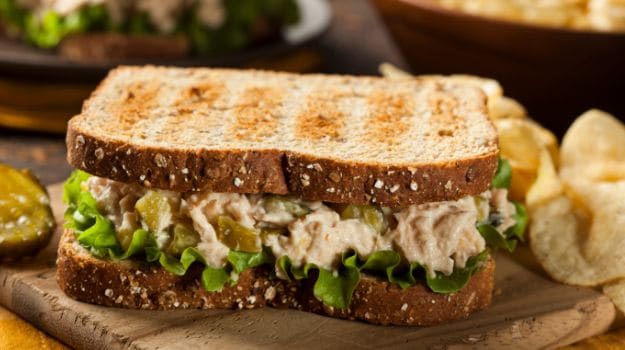
Yoghurt: A single cup of yoghurt can meet half of your daily iodine requirement giving close to 70 micrograms of iodine. It is also good for stomach and rich in calcium and protein.
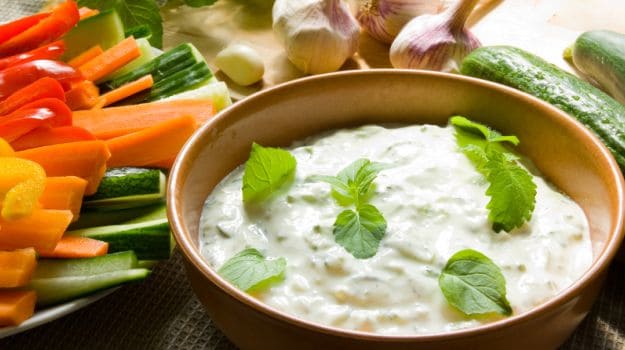
Cod: Iodine is found in good quantity in seafood. Apart from cod, it is also found in other fish like sea bass, perch, haddock, Himalayan crystal salt and iodized salts.
Scallops: These are one of the best sources of iodine. Every 100 grams of it can meet close to 90 percent of our daily iodine requirement. It is also an excellent source of Vitamin B12, protein and phosphorous.

Other Sources: Apart from the above mention food items - which fall under the 'excellent' or 'good' sources of iodine - other ingredients that can load you up with iodine would include fruits like bananas, strawberries; veggies like green leafy vegetables, onions and sweet potatoes; grains, nuts and legumes like peanuts, barley, etc.









